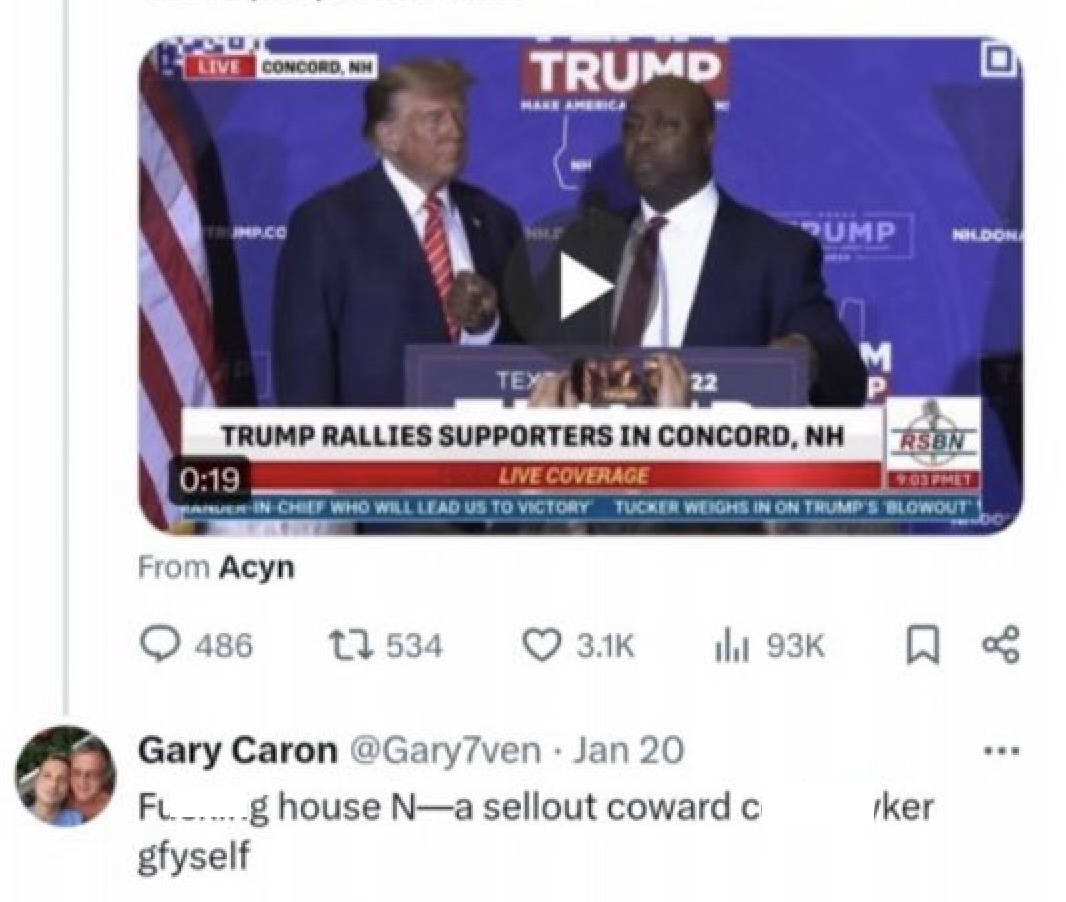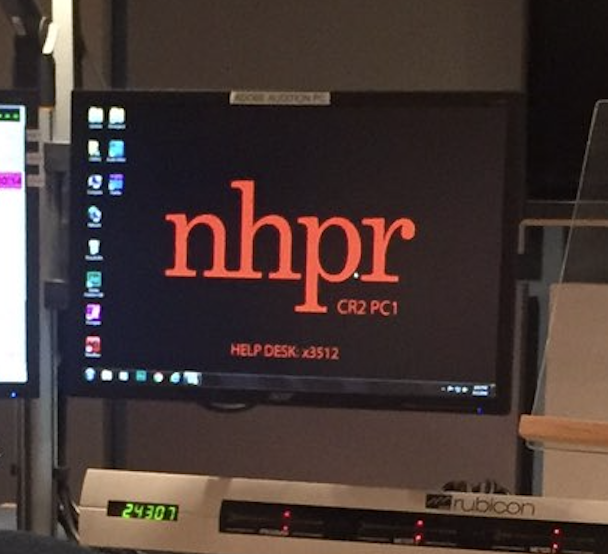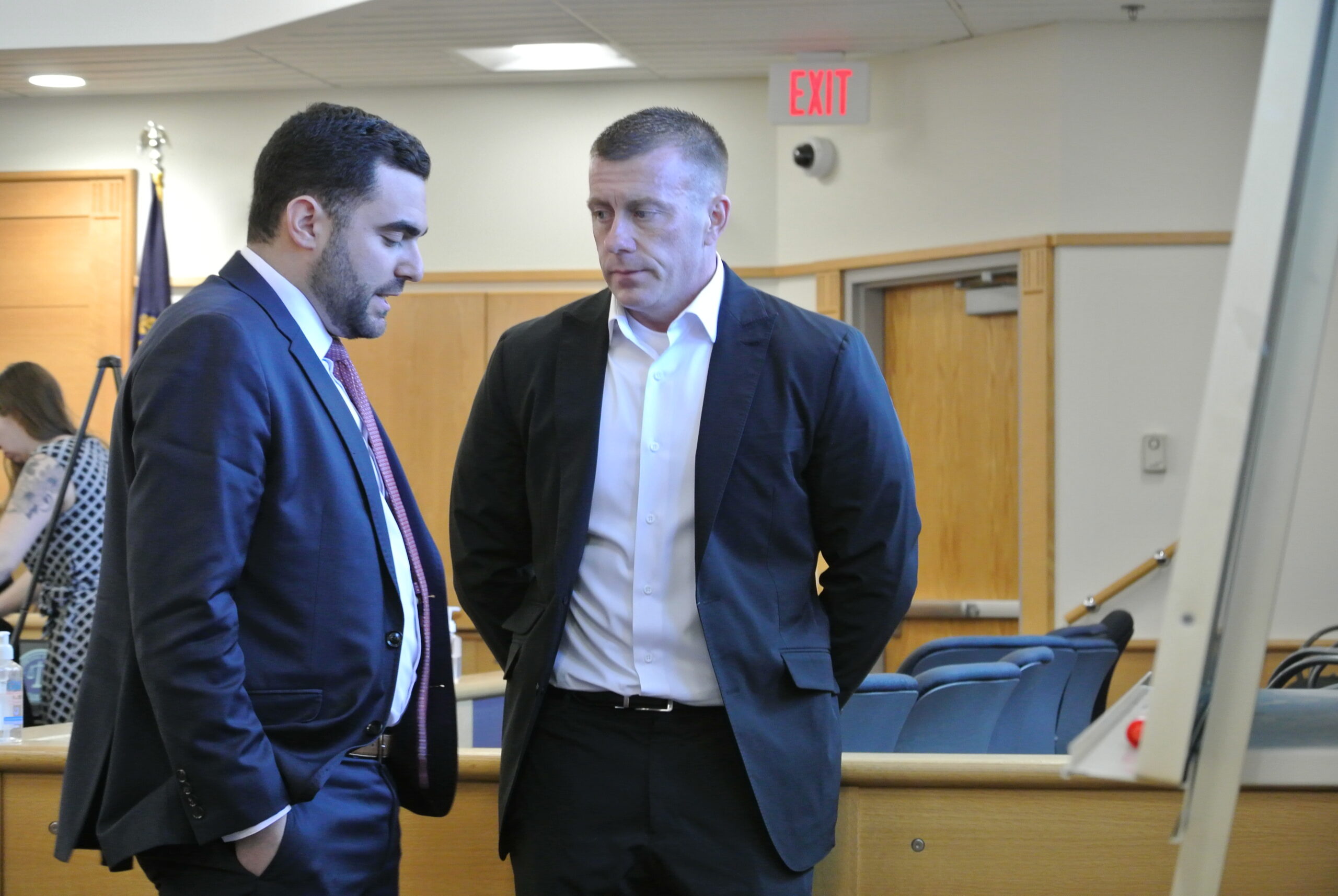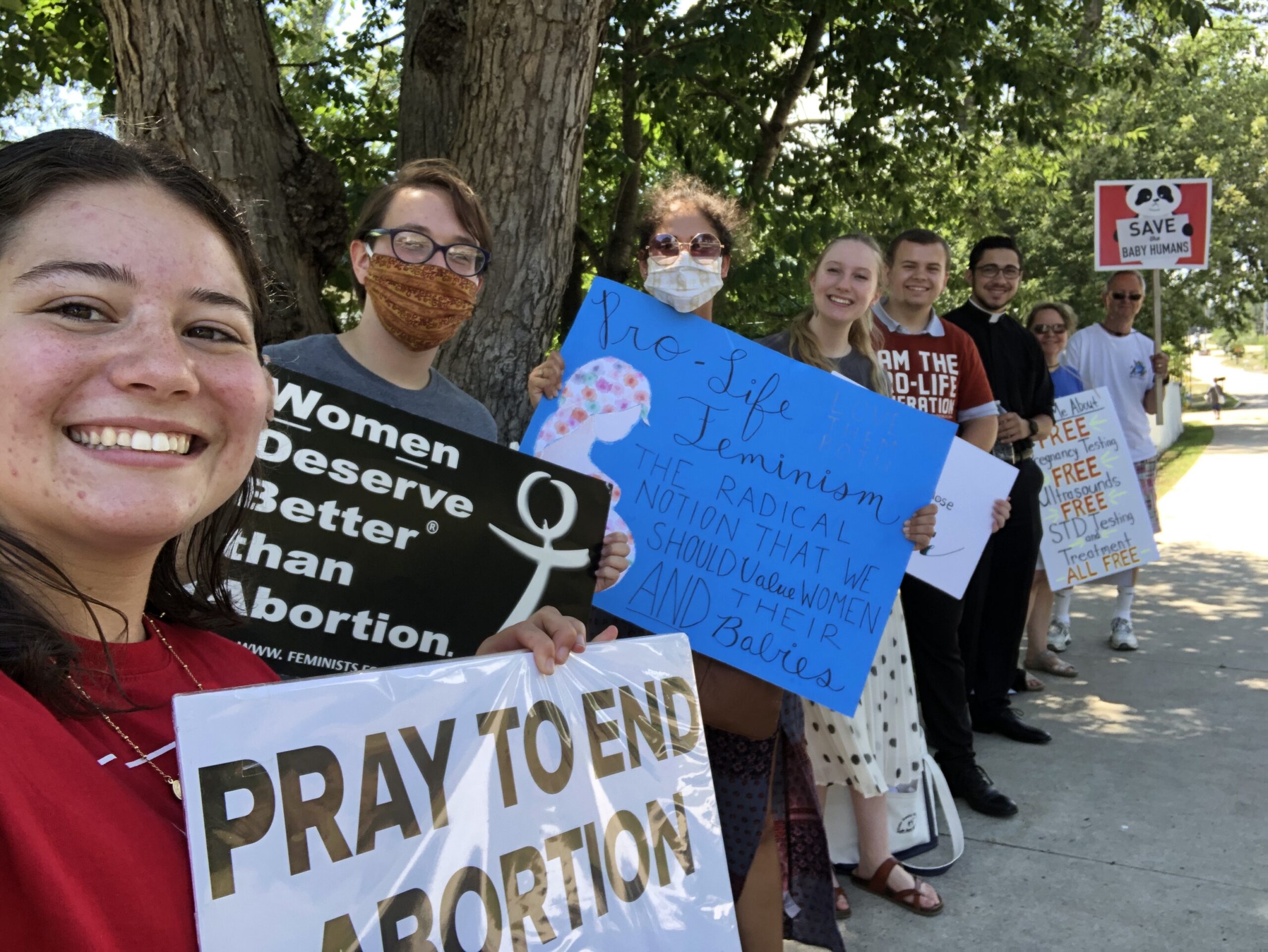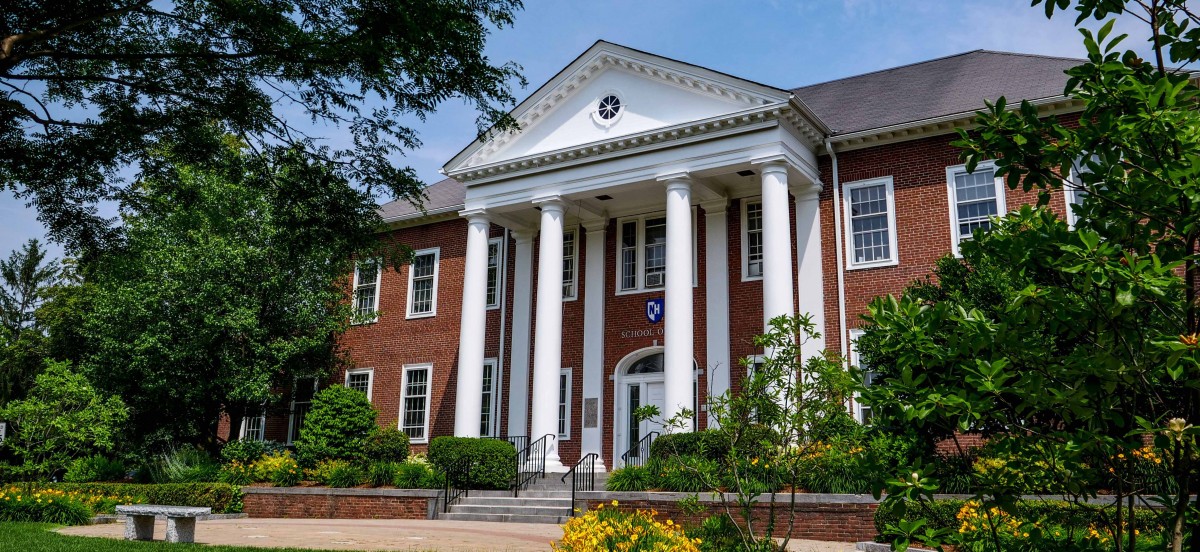Fired Republican Librarian Wins Legal Victory
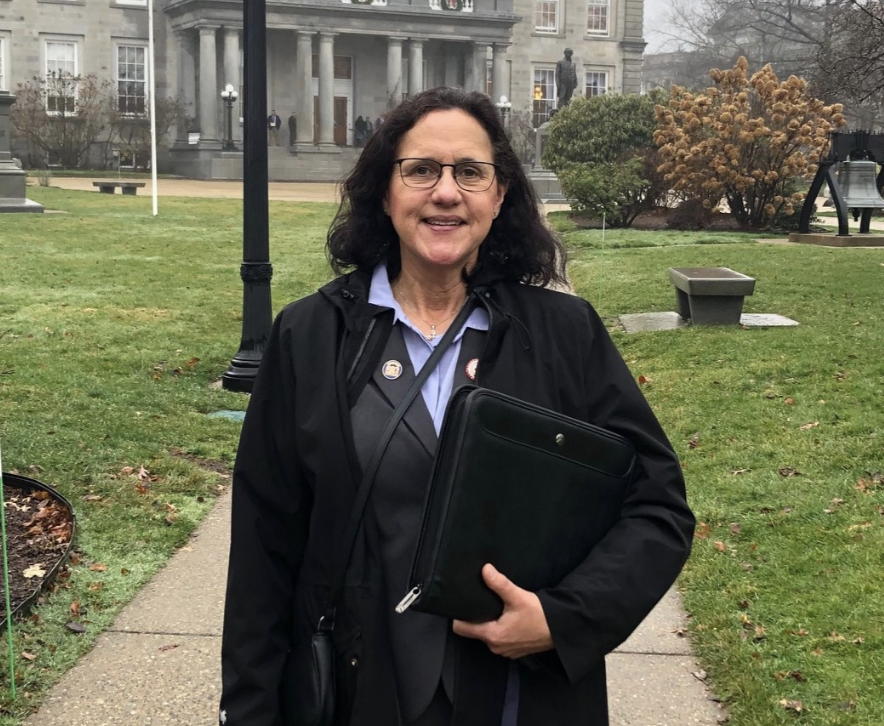
Arlene Quaratiello wasn’t going to give up when she was fired from her assistant librarian job at Raymond’s Dudley-Tucker Library for supporting conservative political candidates.
“You’ve got to fight,” Quaratiello told NHJournal.
Now, thanks to help from the American Center for Law and Justice, Quaratiello scored a major legal victory. The town of Raymond publicly admits to violating her First Amendment rights when it fired her.
“Somebody else might not fight back, but I knew what they did was wrong,” she said.

Arlene Quaratiello
Quaratiello knew that Library Director Kirsten Rundquist Corbett and Raymond Town Manager Ernest Cartier Creveling were wrong when they fired her last year. A Republican state representative in Atkinson, Quaratiello was told she was terminated for supporting conservative candidates in the Atkinson election for library trustees.
“You have not fulfilled the conditions of employment because of your lack of separation of personal/political values and agendas from DTL policies, procedures, and occurrences,” the termination letter stated.
Quaratiello’s alleged violation of Dudley-Tucker values was to write a letter to the editor in Carriage Towne News supporting Pam Borisko and Christine Latino in their race for Atkinson library trustee. Both Borisko and Latino supported keeping age-inappropriate material away from children.
“They also believe in protecting our children from the increasing amount of inappropriate material available both in print and online without sacrificing the intellectual freedom that has always characterized public libraries,” Quaratiello wrote in her endorsement letter.
Neither Corbett nor current Town Manager Ken Robichaud responded to a request for comment.
Quaratiello pushed back and kept her job as she looked for an attorney willing to take the case. After several lawyers declined, the ACLJ stepped up. Executive Director Jordan Sekulow said the lawsuit his organization filed is about protecting everyone’s rights.
“Our lawsuit was about protecting the rights of citizens to speak out about the issues that affect all of us and ensuring a conservative voice can still be heard,” Sekulow said.

The Dudley-Tucker Library in Raymond, N.H.
U.S. District Court Judge Andrea Johnstone issued a consent decree Tuesday requiring Raymond and the Dudley-Tucker Library to admit they wronged Quaratiello. They must also take steps to make sure they don’t repeat this treatment with future employees.
“She now has a court order explaining that her rights were violated and providing her explicit, extensive legal protection in case anything similar happens again,” Sekulow said of Quaratiello.
Quaratiello told NHJournal she was offered a lot of money to settle the case. At one point, the town dangled months of salary in exchange for a quiet resignation. But that was never what Quaratiello wanted.
“No one ever said they did anything wrong,” she said of her treatment by town officials.
The idea of any financial settlement made Quaratiello uneasy, as it would ultimately hurt local taxpayers. Instead, she is pleased with the statement from the town admitting wrongdoing.




